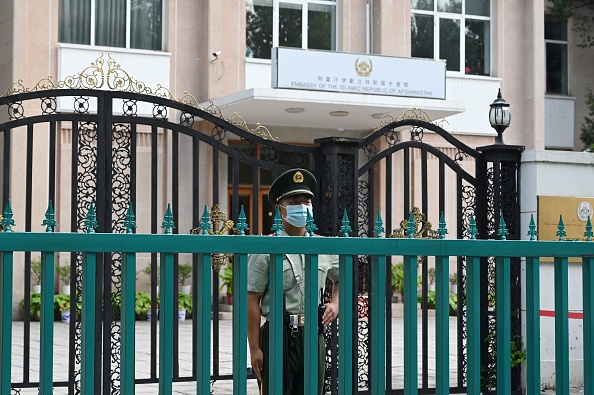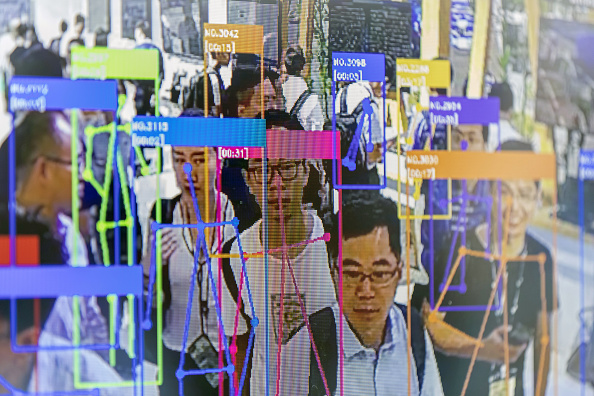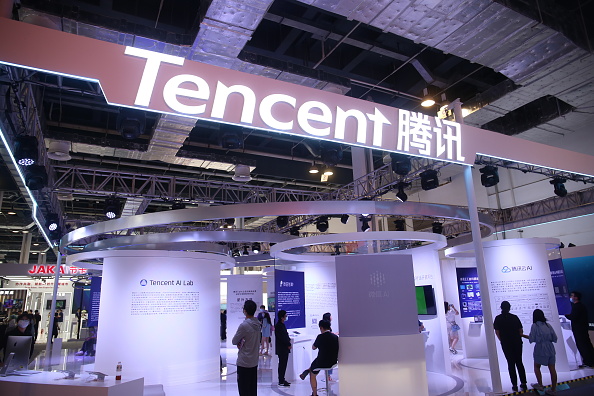
 Graveyard of Empires
Graveyard of EmpiresAfghanistan is now back in the hands of the Taliban. China shares a narrow land border with the embattled nation at the edge of Xinjiang province, and last month met with a Taliban delegation in Tianjin - the same city where high ranking officials recently met with U.S. representatives. China is likely weary that the sudden changes within their neighbor may spill over into western China. Foreign Minister Wang Yi criticized not only the U.S.'s exit strategy, but also called out America's foreign policy of importing cultural and social institutions into Afghanistan. With that, former State Department official and Afghanistan scholar at New York University, Barnett R. Rubin, anticipates that China is trying to distance themselves from the "American initiative."
And while America sits in the world's hot seat, China is also focusing its attention elsewhere. The same day that Chinese state media ran a story calling the U.S. "weak and unreliable," their military ran a series of drills near Taiwan under the pretext of resisting interference from outside forces. In doing so, China has raised concerns among some international observers that they are considering a military confrontation with Taiwan, with an assumed deficiency in commitment from the U.S. military. Read more in, "As U.S. Prepares Exit from Afghanistan, China Seeks to Establish Stability and Secure Investments," by Sampson Oppedisano.
 Taking Back Data
Taking Back DataChina's top legislative body officially passed a data privacy law aimed at restricting personal data collection, specifically by big tech companies, as it seeks to establish a data governance framework that secures important data. The Personal Information Protection Law will take effect on November 1, but it remains unclear if it will impact Beijing's use of surveillance, and it is suspected that the government will maintain access to data. The national privacy law, China's first of the sort and possibly the world's strictest, contains conditions mandating that companies handling personal data must significantly decrease data collection and acquire consent to utilize it.
The law also addresses concerns about the increase in facial recognition technology and algorithmic discrimination, by requiring prominent alerts to mark facial recognition cameras in public spaces, that facial recognition cameras only be used for public security, and that organizations must allow individuals the choice to opt out of personalized marketing tactics.
Local entrepreneurs believe this is a "sign of the market maturing," according to Neil Liang, the co-founder of Shanghai-based tech startup, The CareVoice. Liang also emphasized that while costs might increase as tech companies have to devote more funds to comply after years of essentially free reign to consumer data, the rules could present new opportunities to third parties who assist organizations with data management.
 A Common Prosperity
A Common ProsperityA redistribution of wealth is the latest directive coming from China's government. Xi Jinping called on party leaders to focus on "social fairness" and to "encourage high-income people and enterprises to return more to society." Exact details on how this redistribution will be carried out have yet to be released, but taxation and philanthropy are likely to be involved.
The push for wealth-redistribution brings concerns for luxury and high-end industries. Investors in the luxury industry fear that China's "big spenders" could be reigned-in due to higher tax risks and disapproval from the party. Meanwhile, big tech companies like Tencent have been quick to respond to Xi's call to action, announcing on Wednesday that they will double the amount of money they're donating to social responsibility programs to assist the government's redistribution efforts.
This reinvigorated focus has drawn many to look back at China's major growth points over the last 70 years — from revolution to reform, from poverty to new wealth creation. Thirty years ago, in 1990, 750 million people in China were living below the international poverty line — two-thirds of the population. But by 2016, that number had fallen to just over 7 million. Today's China has seen an explosion of the middle class, as well as the creation of new millionaires and billionaires — even during the ongoing pandemic.
Prepared by China-US Focus editorial teams in Hong Kong and New York, this weekly newsletter offers you snap shots of latest trends and developments emerging from China every week, while adding a dose of historical perspective.
- 2021-08-13 A New Crossroads
- 2021-08-06 Lowering Barriers
- 2021-07-30 A Diplomatic Stalemate
- 2021-07-23 A Climate for Change
- 2021-07-16 The Trade Game
- 2021-07-09 Existential Threats
- 2021-07-01 Centenary Celebrations
- 2021-06-25 Critical Crossroads
- 2021-06-18 Part of the Club
- 2021-06-11 Retaliatory Legislation
- 2021-06-04 "Defanging" Diplomacy
- 2021-05-28 The End of an Era?
- 2021-05-21 One Step Forward, One Step Back
- 2021-05-14 Drifting Trade Ties
- 2021-05-07 Time to Talk
- 2021-04-30 Academic Pandemic
- 2021-04-23 Carbon Cutting
- 2021-04-16 A Hopeful Climate
- 2021-04-09 Technological Frontiers
- 2021-04-02 Back to Basics